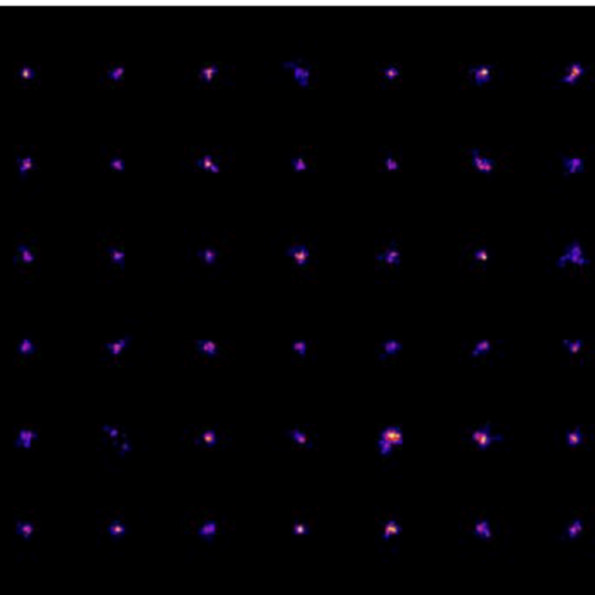Featured Story Q&A — The Goldfish Experiment: Memories from a Lifetime of Neuroscientific Curiosity
In November, neuroscientist, Rick Huganir, Ph.D., received the highest honor awarded by the Society for Neuroscience. This month in Fundamentals, we talk with him about his prolific career which started in high school, over 30 years ago, with a goldfish experiment.



